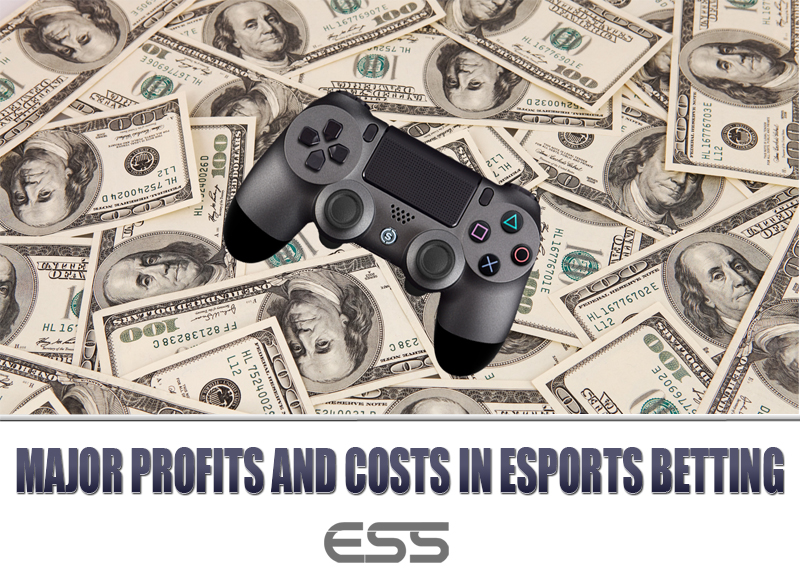
It’s hard to ignore the business side of eSports. It’s taken a large share of the Twitch streaming service audience at 21.3% (according to a Newzoo report), major brands like Coca Cola, PepsiCo’s Lipton Brisk Mate, Bud Light, and Red Bull have all jumped into the industry, and eSports itself has been predicted to bring in nearly a half million dollars in 2017 (Newzoo via Eurogamer).
The next step? Widespread organized eSports gambling. Betting on eSports is already available on websites based in countries around the world, and some eSports titles have seen the negative consequences of real money wager affecting games. In January of 2015, Valve banned seven professional CS:GO players for match fixing related to bets placed on games. Back in 2014, the League of Legends scene saw both scandal and tragedy, as a top Korean League of Legends player attempted to take his own life after participating in a match fixing scheme (the bets involved were illegal).
On the positive side, some popular and legal betting sides have latched on to eSports betting, leading curious punters to check out professional gaming for the first time.
Darren Heitner wrote an article for Forbes about the potential financial gain for the eSports industry when betting on the match outcomes truly becomes mainstream:
Link: Gambling On Strategy eSports Becoming A Big Business

